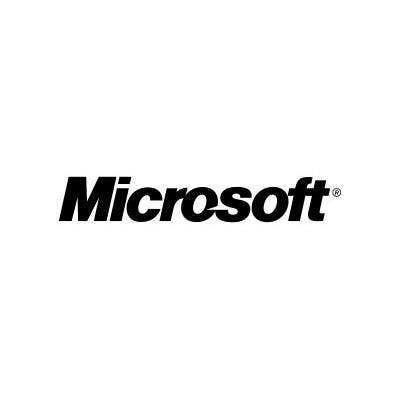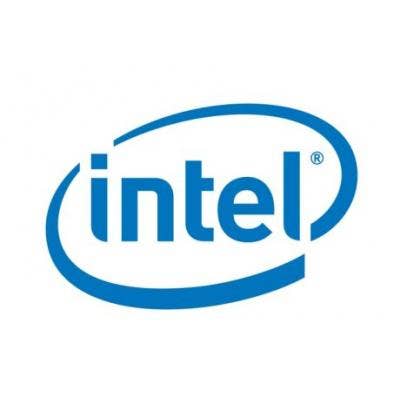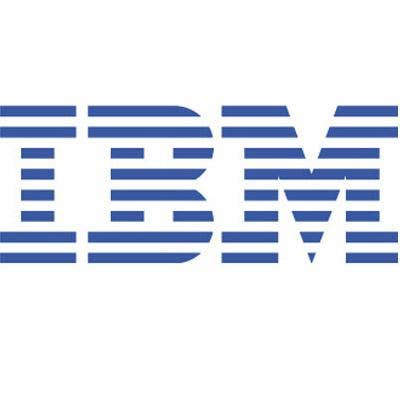5 Interesting Comments From Microsoft's Services Launch

Microsoft's decision to move into the hosted business application space was understandably disquieting to some solution providers who, over the years, have grown healthy services revenue from deploying Exchange and SharePoint. That's a big reason why Stephen Elop, president of the Microsoft Business Division, has often emphasized that partners will continue to have revenue opportunities as Microsoft's Software Plus Services vision rolls forward, in areas like migration and customization.
It's a story Elop will continue to make -- and have to continue making -- to keep Microsoft's enormous channel partner base moving forward in unison.

Last October, Microsoft launched Office Communications Server 2007, the centerpiece of its unified communications platform. Since then, the number of partners earning a UC competency in the areas of instant messaging/presence, messaging and voice has more than doubled, from 793 in 2007 to more than 2,000 in 2008.
In unified communications, Microsoft has been navigating tricky waters as it attempts to unite the previously disparate worlds of voice VARs and traditional VARs. Next year when Microsoft launches Office Communications Server Online, the standalone version of which is priced at $2.50 per user/month, it'll have to be sure to clearly explain where the new revenue opportunities will lie for VARs.

In a Q&A at the launch event, Elop noted that SLAs from Microsoft's competitors don't always measure up. "You have to look carefully at the fine print. Some will say ten minutes [of downtime] doesn't matter. But the reality is, if a customer is down, it counts," Elop said, without mentioning any names.
Microsoft's standard service level agreement is "three nines," or 99.9 percent guaranteed uptime, and anything below that results in Microsoft incurring financial penalties within the scope of its contract with customers, executives said at the event.

Eron Kelly, director of product management in Microsoft's Business Online Services group (right) joined Elop at the launch event to talk about how on-premise and services-based components of Exchange and SharePoint make the most sense for businesses.
"Customers don't want to just go to the cloud and pretend they don't have local requirements; they want a blend of these things," Elop said.
Microsoft's competitors have also acknowledged that software on the client is going to be required, Elop said in a Q&A at the event. Resorting to the old tactic of not mention Google by name, Elop said the fact that one Microsoft cloud competitor recently launched its own Web browser is a reflection that local processing is important for the success of online services, and a validation of Software Plus Services.

Few VARs would argue that value-added services around SharePoint Online will disappear, given the complexity of the software and the fact that it's extremely customizable. But can the same be said about Exchange Online, and the channel partners who've built businesses on the more mature Exchange platform?